Smart POS vs. Traditional POS: Which One is Right for Your Business?
Introduction
In today’s fast-paced business world, having an efficient Point of Sale (POS) system is crucial for smooth operations. The debate between Smart POS and Traditional POS systems is growing as businesses look for ways to enhance customer experience, streamline payments, and improve efficiency.
If you're trying to decide which system is best for your business, this guide will compare Smart POS (like Leeshion’s advanced solutions) with Traditional POS systems, helping you make an informed decision.
What is a Traditional POS System?
A Traditional POS system is a conventional setup that typically includes:
- A cash register or computer-based terminal
- Barcode scanners and receipt printers
- Basic payment processing (credit/debit cards, cash)
- Limited software features (inventory tracking, basic sales reports)
Pros of Traditional POS
✔ Reliable & Stable – Fewer software updates mean fewer disruptions.
✔ Lower Initial Cost – Hardware is often cheaper than Smart POS alternatives.
✔ Familiarity – Many businesses are accustomed to traditional setups.
Cons of Traditional POS
❌ Limited Features – No advanced analytics, mobile payments, or cloud integration.
❌ Hardware-Heavy – Requires bulky equipment (e.g., wired card readers).
❌ No Remote Access – Must be on-site to manage sales or inventory.
What is a Smart POS System?
A Smart POS (like Leeshion’s all-in-one terminals LS-H10) is a modern, cloud-based system that offers:
- Touchscreen tablets or mobile devices
- Contactless & mobile payments (NFC, Apple Pay, Google Wallet)
- Real-time analytics & inventory management
- Cloud storage & remote access
- Integration with eCommerce, CRM, and accounting software
Pros of Smart POS
✔ Advanced Features – AI-driven insights, customer loyalty programs, and omnichannel sales.
✔ Portability – Use tablets or smartphones for payments anywhere.
✔ Scalability – Easily add new features as your business grows.
✔ Security – EMV chip, encryption, and PCI compliance reduce fraud risks.
Cons of Smart POS
❌ Higher Initial Cost – More advanced hardware and software subscriptions.
❌ Internet Dependency – Requires stable Wi-Fi or mobile data.
❌ Learning Curve – Staff may need training on new features.
Key Differences: Smart POS vs. Traditional POS
| Feature | Smart POS (e.g., Leeshion) | Traditional POS |
|---|---|---|
| Hardware | Tablet, mobile device, wireless | Cash register, wired terminals |
| Payment Options | NFC, mobile wallets, QR codes | Cash, cards (swipe/chip) |
| Cloud Access | Yes – manage remotely | No – on-site only |
| Analytics | Real-time sales & customer data | Basic reports |
| Integration | CRM, eCommerce, accounting apps | Limited or none |
| Security | EMV, tokenization, encryption | Basic PCI compliance |
| Cost | Higher upfront, subscription model | Lower initial cost, but less scalable |
Which Businesses Should Choose Smart POS?
✅ Retail Stores – Track inventory in real-time, offer loyalty programs.
✅ Restaurants & Cafés – Tableside ordering, split bills, kitchen integration.
✅ Pop-up Shops & Events – Portable, no fixed terminals needed.
✅ E-commerce Hybrids – Sync online & offline sales seamlessly.
Why Leeshion’s Smart POS Stands Out
Leeshion’s next-gen POS solutions provide:
- AI-powered sales forecasting
- Seamless multi-store management
- Customizable loyalty & discount programs
- 24/7 customer support & easy onboarding
When Should You Stick with a Traditional POS?
If your business:
- Only processes simple transactions (cash, basic card payments).
- Has no need for advanced reporting or cloud access.
- Operates in areas with poor internet connectivity.
However, as consumer preferences shift toward contactless payments and digital receipts, even small businesses may benefit from upgrading to a Smart POS like Leeshion’s in the long run.
Conclusion: Which POS is Right for You?
The choice between Smart POS and Traditional POS depends on your business needs:
- For flexibility, scalability, and future growth → Smart POS (Leeshion)
- For simplicity and low-cost setup → Traditional POS
Smart POS systems (like Leeshion’s) are the future, offering better security, mobility, and business insights. If you’re ready to boost efficiency and customer satisfaction, upgrading to a Smart POS is a smart investment. Want a demo of Leeshion’s Smart POS? [Contact us today!]
Final Thoughts
As technology evolves, businesses must adapt to stay competitive. Whether you choose Smart POS or Traditional POS, ensure it aligns with your operational needs and growth plans.
Would you like a personalized recommendation for your business? Let us know in the comments!
No comments






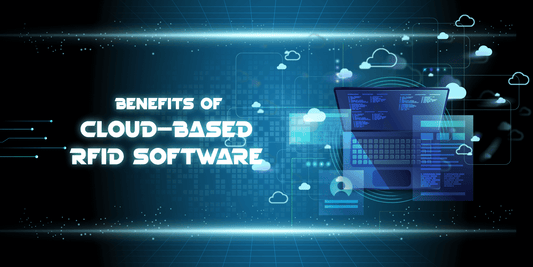
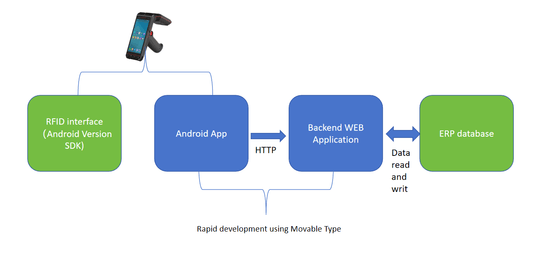
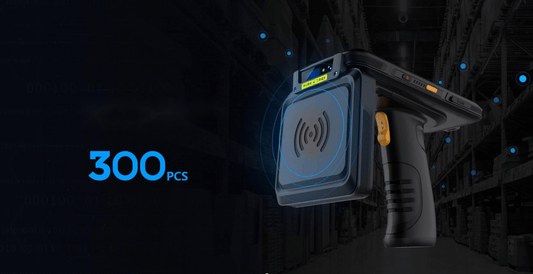

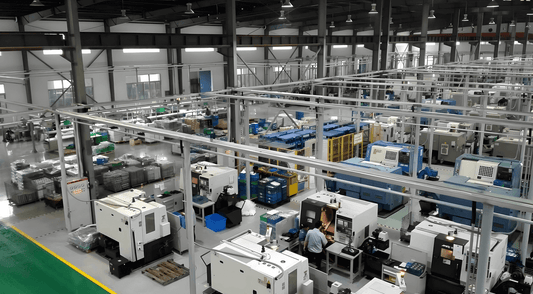
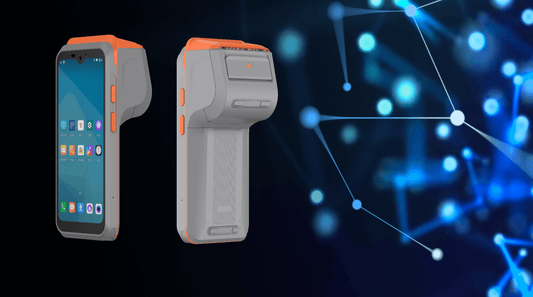
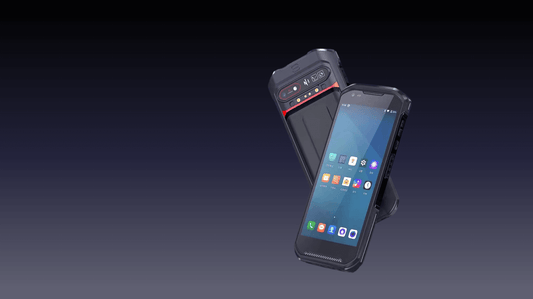
0 comments